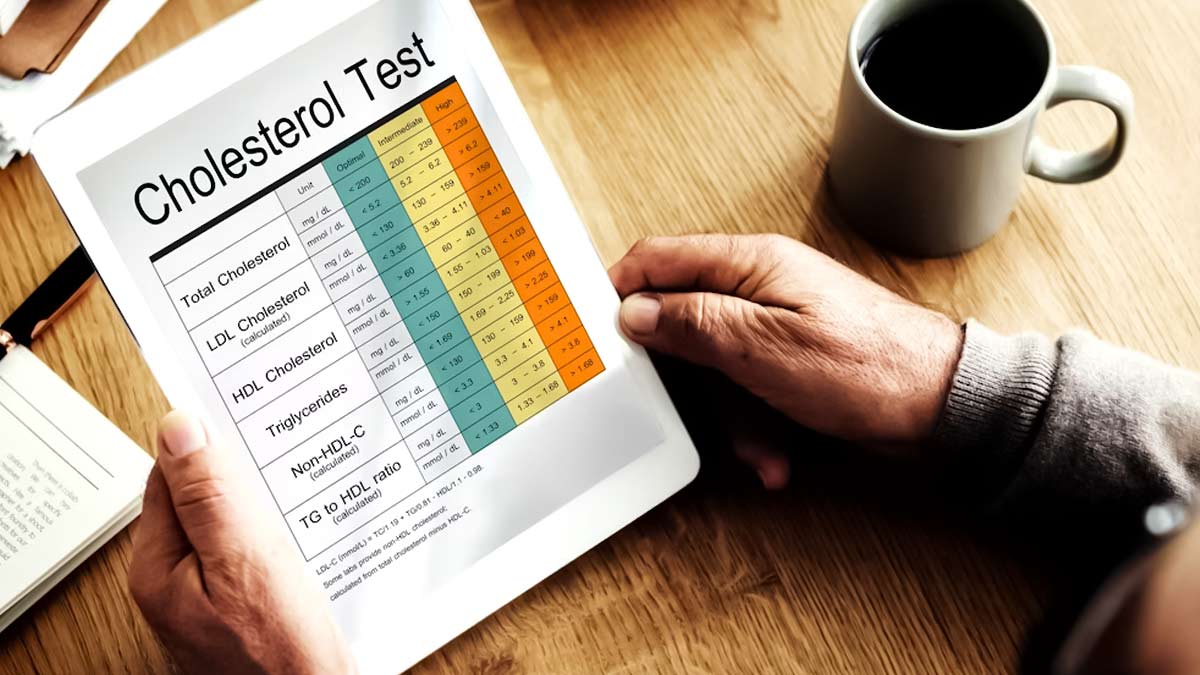
High cholesterol, specifically elevated levels of LDL cholesterol (often referred to as "bad" cholesterol), can increase the risk of heart disease and other cardiovascular problems. Fortunately, there are several lifestyle changes you can make to improve your cholesterol profile and protect your heart health.
Table of Content:-
Tips to Improve Bad Cholesterol Levels
Here are some simple tips to help you lower your bad cholesterol:
1. Adopt a Heart-Healthy Diet
Focus on a diet rich in fruits, vegetables, whole grains, and lean proteins. Reduce your intake of saturated fats found in red meat, full-fat dairy products, and fried foods. Opt for healthier fats like those found in avocados, nuts, and olive oil.
2. Increase Soluble Fibre Intake
Foods high in soluble fibre, such as oats, beans, lentils, and fruits like apples and oranges, can help lower LDL cholesterol levels. Aim to include these foods in your daily meals.
3. Limit Trans Fats
Trans fats are artificial fats found in many processed and fried foods. Check food labels and avoid products containing hydrogenated or partially hydrogenated oils.
Also Read: Long-Term Lung Issues Plague Mild COVID Survivors One Year Later, Study Reveals

4. Exercise Regularly
Engage in at least 150 minutes of moderate-intensity aerobic exercise or 75 minutes of vigorous-intensity exercise per week. Regular physical activity can help raise HDL (good) cholesterol and lower LDL cholesterol.
5. Maintain a Healthy Weight
Losing excess weight, even a small amount, can have a significant impact on your cholesterol levels. Shedding pounds through a combination of diet and exercise can improve your lipid profile.
6. Quit Smoking
Smoking not only lowers HDL cholesterol but also damages blood vessels. Quitting smoking is one of the best things you can do for your overall heart health.

Also Read: Long-Term Lung Issues Plague Mild COVID Survivors One Year Later, Study Reveals
7. Limit Alcohol Consumption
If you choose to drink alcohol, do so in moderation. For women, this means up to one drink per day, and for men, up to two drinks per day. Excessive alcohol consumption can raise triglyceride levels and contribute to high cholesterol.
8. Stay Hydrated
Drinking plenty of water can help support your body's natural processes for metabolising cholesterol.
9. Consider Medications
If lifestyle changes alone aren't enough to lower your bad cholesterol, consult your healthcare provider. They may recommend cholesterol-lowering medications, such as statins, to help manage your levels.
10. Regular Check-ups
Visit your healthcare provider regularly to monitor your cholesterol levels and overall heart health. This will help you make informed decisions about your cholesterol management plan.
Incorporating these tips into your daily routine can help you improve your cholesterol profile and reduce the risk of heart disease. Remember that it's essential to consult with a healthcare professional before making any significant changes to your diet or lifestyle, especially if you have existing health conditions or are taking medications.
Also watch this video
How we keep this article up to date:
We work with experts and keep a close eye on the latest in health and wellness. Whenever there is a new research or helpful information, we update our articles with accurate and useful advice.
Current Version